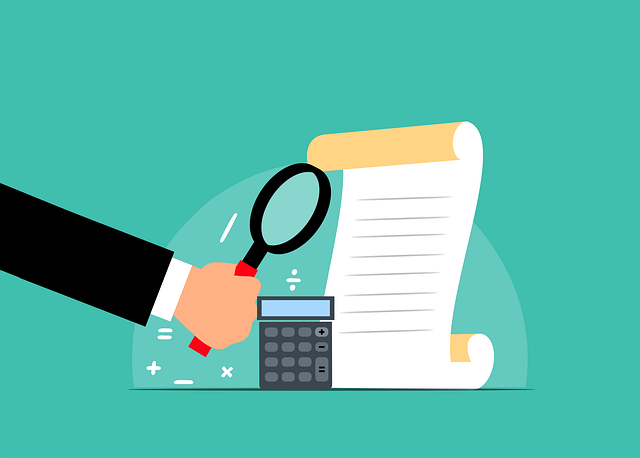Before committing to real estate, conduct thorough market research to understand trends and property values. Assess financial health and create a budget to manage expenses and avoid strain. Physically inspect the property and review legal documents carefully. Consult a real estate attorney to interpret complex clauses and protect interests.
Before making a final purchase commitment in real estate, there are crucial steps to ensure a sound investment. This article guides you through an essential checklist: thoroughly research market trends and property values, carefully evaluate your financial standing and budget, and meticulously inspect the property physically while reviewing legal documents. By following these steps, you’ll make informed decisions that safeguard your investment and set you up for success in the real estate market.
Thoroughly Research Market Trends and Property Values

Before making a final purchase commitment in real estate, conducting thorough research on market trends and property values is paramount. This involves keeping abreast of the latest economic indicators, housing supply and demand dynamics, and geographic specificities that can influence property prices. By understanding these factors, potential buyers gain valuable insights into the property’s current and future value, enabling them to make informed decisions.
Delving into market trends also helps in identifying emerging patterns, such as areas on the rise or shifts in preferences for certain property types. This knowledge empowers individuals to spot promising investments or potential selling opportunities later on. It’s not just about finding a suitable home; it’s about navigating the real estate landscape with confidence and an eye for long-term value.
Carefully Evaluate Your Financial Standing and Budget

Before making a final purchase commitment in real estate, it’s crucial to carefully evaluate your financial standing and budget. This involves assessing your income, existing debts, and any savings you may have. Understanding where your money is allocated will help you determine if the property you’re interested in aligns with your financial capabilities. Real estate can be a significant investment, so ensuring that it doesn’t strain your finances is essential.
Start by looking at your monthly income and fixed expenses like rent or mortgage payments, utilities, and insurance. Then, factor in variable costs such as groceries, entertainment, and transportation. Once you have a clear picture of your financial obligations, you can set a realistic budget for your real estate purchase. This process will not only help you avoid financial strain but also ensure that you’re making an informed decision that fits into your long-term financial goals.
Inspect the Property Physically and Review Legal Documents

Before making a final purchase commitment in real estate, it’s crucial to take a physical tour of the property and thoroughly review all legal documents. This step is essential for unearthing potential issues that may not be immediately apparent during initial online searches or virtual viewings. During the physical inspection, assess the overall condition of the property, including any signs of damage, wear, or necessary repairs. Also, pay close attention to details like layout, functionality of fixtures and appliances, and natural lighting.
Legal documents offer critical insights into ownership, zoning regulations, and any existing liens or encumbrances on the property. Reviewing these papers enables you to understand your rights as a prospective buyer and identify potential legal hurdles. It’s advisable to seek professional assistance, such as from an experienced real estate attorney, who can help interpret complex clauses and ensure your interests are protected throughout the purchasing process.






